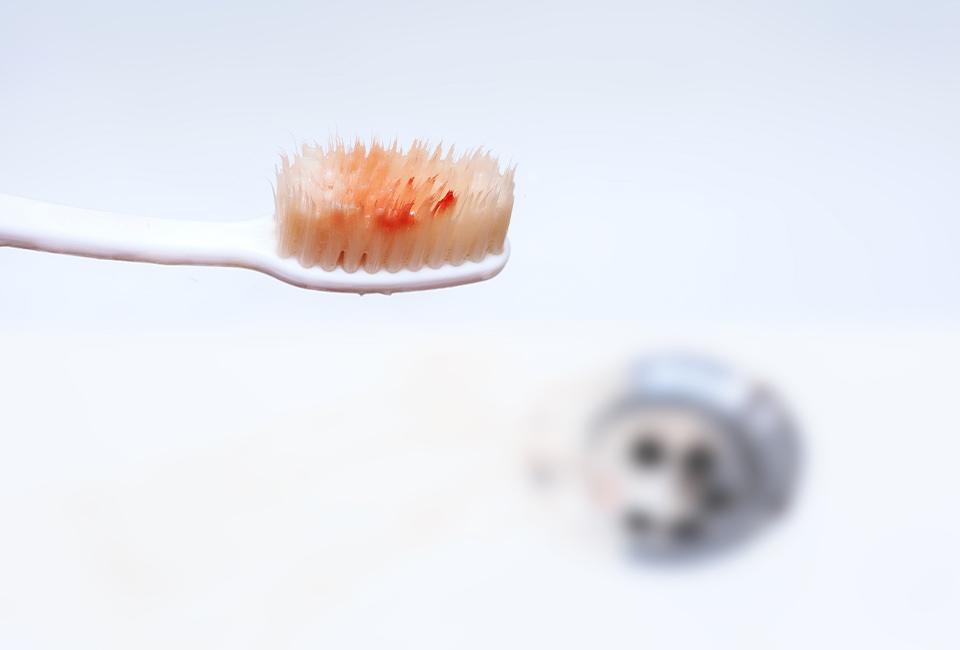Healthy gums are vital to our health! They hold our teeth tightly and keep us protected from infections.
Gums can bleed due to natural causes, such as vigorous brushing or excessive use of dental tape. However, bleeding gums often indicate the presence of gum disease, such as gingivitis, and are an indication of potential and serious health problems!
Here we will analyze the main causes and treatments for bleeding gums to help you stay healthy!
After all, why bleed gums?
In many cases, bleeding gums can be caused by the accumulation of plaque and tartar around the teeth. If the plaque is not regularly and completely removed, it will harden to form tartar, which is much more difficult to remove. Good oral hygiene is crucial to your gums as plaque can cause inflammation leading to gingivitis. If it is left untreated, it can cause periodontitis, this is a much more serious and chronic disease, which will cause the loss of gingival sustainability for your teeth and eventually, the total loss of them. Furthermore, these infections can lead to the regression of your gums – and once this process starts, your gums will no longer return to their original size, which will weaken them and compromise the sustainability of your teeth.
Other causes that can cause bleeding gums:
• Brushing too abruptly;
• Incorrect use of dental tape;
• Some chemical components present in food, drinks, mouthwashes, teeth whiteners and medications;
• Hormonal changes during pregnancy;
• Hematological (blood) diseases;
• Vitamin C or K deficiency;
• Use of blood fluidifiers such as aspirin;
• Badly adjusted dental prostheses.
How are your gums?
Are you concerned about the health of your gums? Don’t wait any longer, do an online checkup on your gums today!
Would you like to regain confidence in your smile? Book your evaluation appointment today. One of our friendly and experienced dentists will explain all the possibilities.
If your gums continue to bleed frequently and intensively, even after following the advice of your dentist, this may be an indicator of the presence of other pathologies and you should consult your family doctor.


